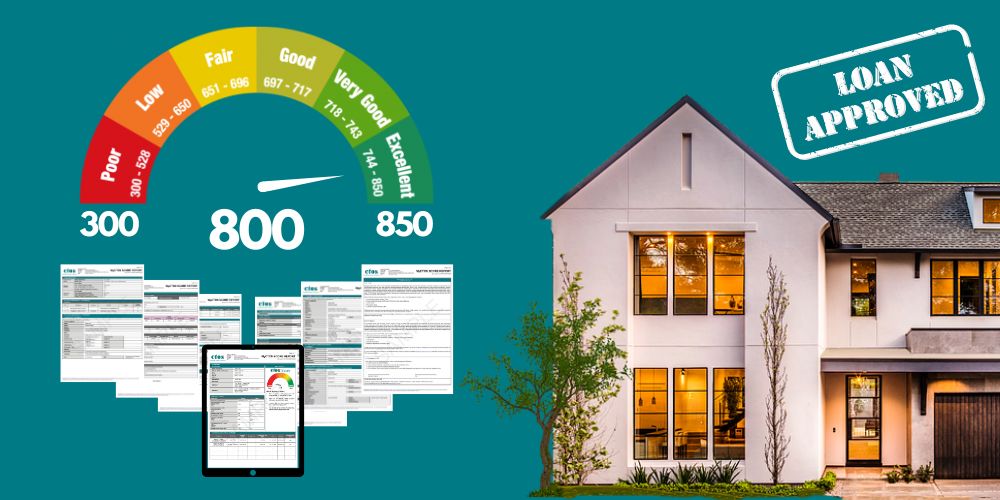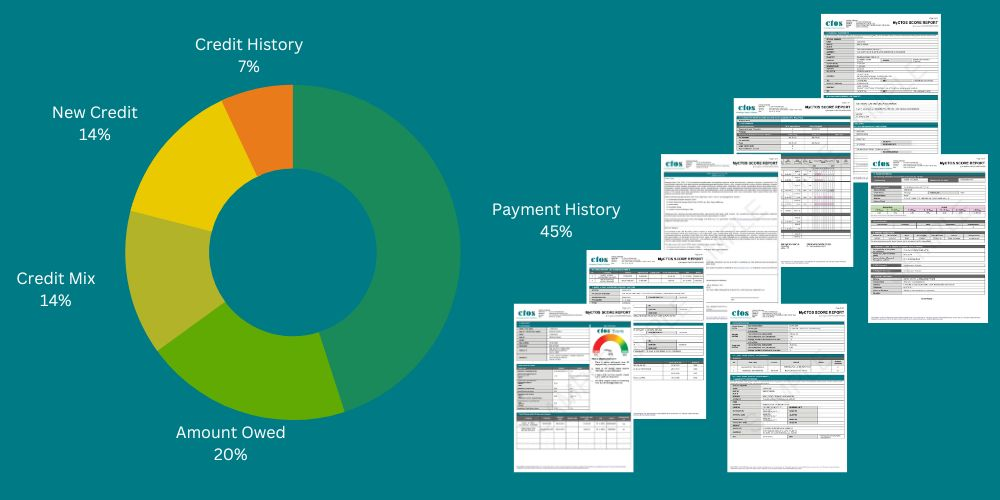
Take Charge of Your Financial Future
The average Malaysian’s CTOS Score is 678. What’s yours?
A strong CTOS Score is your gateway to enhanced credit opportunities. Whether you’re dreaming of a new home, a car, or starting a business, your CTOS score can help you land the best loans with lower interest rates.
Take Charge of Your Financial Future
The average Malaysian’s CTOS Score is 678. What’s yours?
A strong CTOS score is your gateway to enhanced credit opportunities. Whether you’re dreaming of a new home, a car, or starting a business, your CTOS score can help you land the best loans with lower interest rates.
Join Over 4 Million Malaysians Empowering Their Financial Future
Are you still curious about your CTOS score and what it means for your financial possibilities? Take the first step toward understanding and improving your financial standing with these informative videos:
Ready to take control? Click here to find out where you stand and start building better credit opportunities today.
Join Over 4 Million Malaysians Empowering Their Financial Future
Are you still curious about your CTOS score and what it means for your financial possibilities? Take the first step toward understanding and improving your financial standing with these informative videos:
Ready to take control? Click here to find out where you stand and start building better credit opportunities today.
With your latest MyCTOS Score Report, You Get To:
With your latest MyCTOS Score Report, You Get To:
Understanding Your Credit Score

Excellent (744 – 850)
Scores of 744-850 are excellent, indicating a superior financial history. This rating grants you access to a wide variety of loan and credit card options with competitive rates and flexible terms.
Good to Very Good (697 – 743)
Scores from 697-743 are good to very good, reflecting a positive credit history and unlocking wider loan and credit card options with friendlier rates.
Fair Credit (651 – 696)
Scores of 651-696 are fair, hinting at a few credit hiccups. Credit access exists but the best rates may be out of reach. Consistent responsible use can raise your score.
Low to Poor Score (300 – 650)
A score under 650 is considered low to poor, limiting your ability to secure loans, and possibly resulting in higher interest rates on your credit cards. However, don’t worry—with timely repayments, you can improve your score over time.
Understanding Your Credit Score

Excellent (744 – 850)
Scores of 744-850 are excellent, indicating a superior financial history. This rating grants you access to a wide variety of loan and credit card options with competitive rates and flexible terms.
Good to Very Good (697 – 743)
Scores from 697-743 are good to very good, reflecting a positive credit history and unlocking wider loan and credit card options with friendlier rates.
Fair Credit (651 – 696)
Scores of 651-696 are fair, hinting at a few credit hiccups. Credit access exists but the best rates may be out of reach. Consistent responsible use can raise your score.
Low to Poor Score (300 – 650)
A score under 650 is considered low to poor, limiting your ability to secure loans, and possibly resulting in higher interest rates on your credit cards. However, don’t worry—with timely repayments, you can improve your score over time.
What Makes Up Your Credit Score?

Payment History (45%)
Making up nearly half of your score, your record of paying bills tells lenders a great deal. Timely payments? Higher score.
Amount Owed (20%)
Roughly a fifth of your score reflects how much you owe to banks across your loans and credit cards. Lighter debt? A brighter score.
Credit Mix / Variety of Loans (14%)
Whether it’s a home loan, car loan, or credit card, the types of credit you have contribute to your score. A healthy variety can boost your score, but unnecessary borrowing won’t do you any favors.
New Credit (14%)
Every loan application, approved or not, nudges your score. Approved? Expect a small dip in your score.
Credit History (7%)
The age of your credit, including the oldest, newest, and the average of all accounts, along with types and recent usage, makes up the last bit of your score. A longer credit history can earn you a stronger score.
What Makes Up Your Credit Score?

Payment History (45%)
Making up nearly half of your score, your record of paying bills tells lenders a great deal. Timely payments? Higher score.
Amount Owed (20%)
Roughly a fifth of your score reflects how much you owe to banks across your loans and credit cards. Lighter debt? A brighter score.
Credit Mix / Variety of Loans (14%)
Whether it’s a home loan, car loan, or credit card, the types of credit you have contribute to your score. A healthy variety can boost your score, but unnecessary borrowing won’t do you any favors.
New Credit (14%)
Every loan application, approved or not, nudges your score. Approved? Expect a small dip in your score.
Credit History (7%)
The age of your credit, including the oldest, newest, and the average of all accounts, along with types and recent usage, makes up the last bit of your score. A longer credit history can earn you a stronger score.
It’s time to make a choice!
Will you seize this opportunity to review your financial standing? By understanding your CTOS Score and report, you can take life changing financial decisions with clarity and confidence!
It’s time to make a choice!
Will you seize this opportunity to review your financial standing? By understanding your CTOS Score and report, you can take life changing financial decisions with clarity and confidence!

